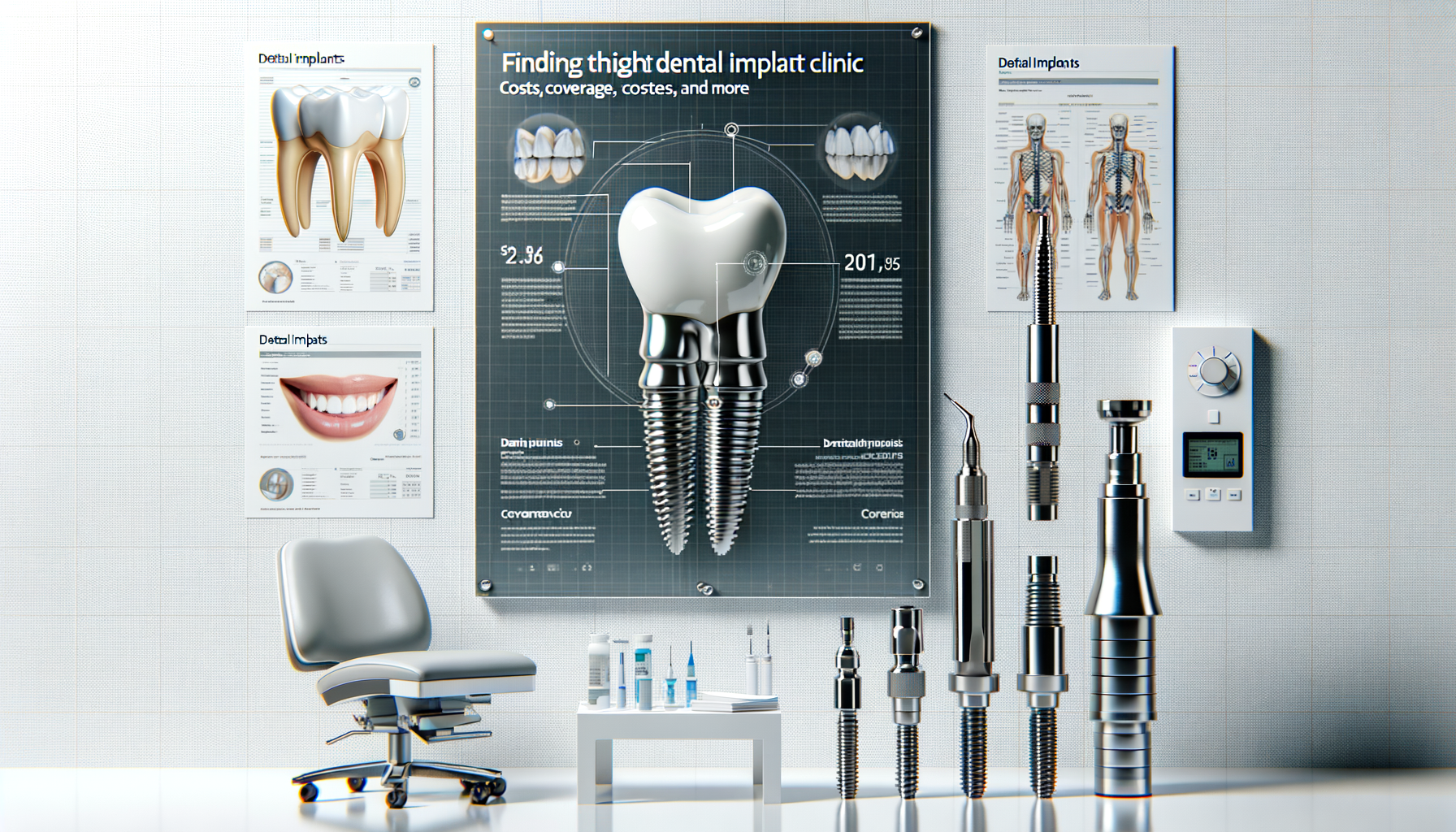Understanding Dental Implants
Dental implants have revolutionized the way we approach tooth replacement, offering a durable and aesthetically pleasing solution. At their core, dental implants are titanium posts surgically placed into the jawbone beneath the gums. Once in position, they allow your dentist to mount replacement teeth onto them. The process typically involves multiple stages, including the initial consultation, the surgical procedure to place the implant, a period for healing and osseointegration (where the jawbone grows into the implant), and finally, the placement of the crown.
Implants are renowned for their ability to mimic the look and function of natural teeth. Unlike dentures, they do not slip or cause discomfort, and they help preserve the jawbone by preventing bone loss. This makes them a highly regarded option for those seeking a permanent solution to tooth loss.
However, dental implants are not suitable for everyone. Candidates must have healthy gums and adequate bone to support the implant. Those with chronic conditions such as diabetes or heart disease, or individuals who have had radiation therapy to the head/neck area, need to be evaluated on a case-by-case basis.
Cost Considerations and Financial Planning
The cost of dental implants can vary significantly depending on several factors. On average, a single implant can cost between $2,000 and $5,000. This price includes the implant, the abutment, and the crown. Additional costs may arise from necessary procedures such as bone grafts or sinus lifts, which are sometimes required to ensure the jawbone is strong enough to support the implants.
When planning for dental implants, it’s essential to consider the long-term benefits against the upfront costs. Implants are a durable solution that can last a lifetime with proper care, potentially reducing the need for future dental work. Many dental insurance plans do not cover implants, viewing them as a cosmetic procedure. However, some plans may cover part of the cost, particularly if the tooth loss is due to an accident or illness.
For those without insurance coverage, many dental offices offer payment plans or financing options to help manage the cost. It’s advisable to discuss all available options with your dental care provider to find a solution that fits your financial situation.
Choosing the Right Dental Implant Clinic
Selecting the right clinic for your dental implants is a crucial step in the process. It’s important to choose a provider with a proven track record in implant dentistry. Researching potential clinics involves looking into their credentials, reading patient reviews, and understanding their approach to patient care.
When evaluating clinics, consider the following factors:
- Experience and specialization in implant dentistry
- Success rates and patient satisfaction
- Technology and techniques used in implant procedures
- Post-operative care and support
Consultations are a valuable opportunity to ask questions and assess the clinic’s suitability. During these visits, inquire about the dentist’s experience, the types of implants used, and the expected timeline for the procedure. A reputable clinic will provide comprehensive information and ensure you feel comfortable and informed about your decision.
Post-Procedure Care and Maintenance
After receiving dental implants, proper care and maintenance are essential to ensure their longevity. The healing process varies for each individual, but typically involves a few months for the implant to fully integrate with the jawbone.
During the initial healing phase, it’s important to follow your dentist’s instructions closely. This may include:
- Maintaining a soft diet to avoid disturbing the implant site
- Practicing good oral hygiene, including gentle brushing and flossing
- Attending follow-up appointments to monitor healing progress
- Avoiding habits such as smoking, which can impede healing
Once healed, dental implants require the same care as natural teeth. Regular dental check-ups and cleanings are crucial to prevent gum disease, which can affect the health of the implants. With diligent care, dental implants can provide a lifelong solution to tooth loss.
Conclusion: Is Dental Implantation Right for You?
Deciding on dental implants is a significant decision that requires careful consideration of various factors, including cost, clinic selection, and aftercare. For many, the benefits of dental implants—such as improved appearance, speech, and comfort—outweigh the initial investment.
Ultimately, the decision to proceed with dental implants should be made in consultation with a trusted dental professional who can provide personalized advice based on your specific dental needs and health conditions. By understanding the process and planning accordingly, you can make an informed choice that aligns with your long-term dental health goals.



Leave a Reply